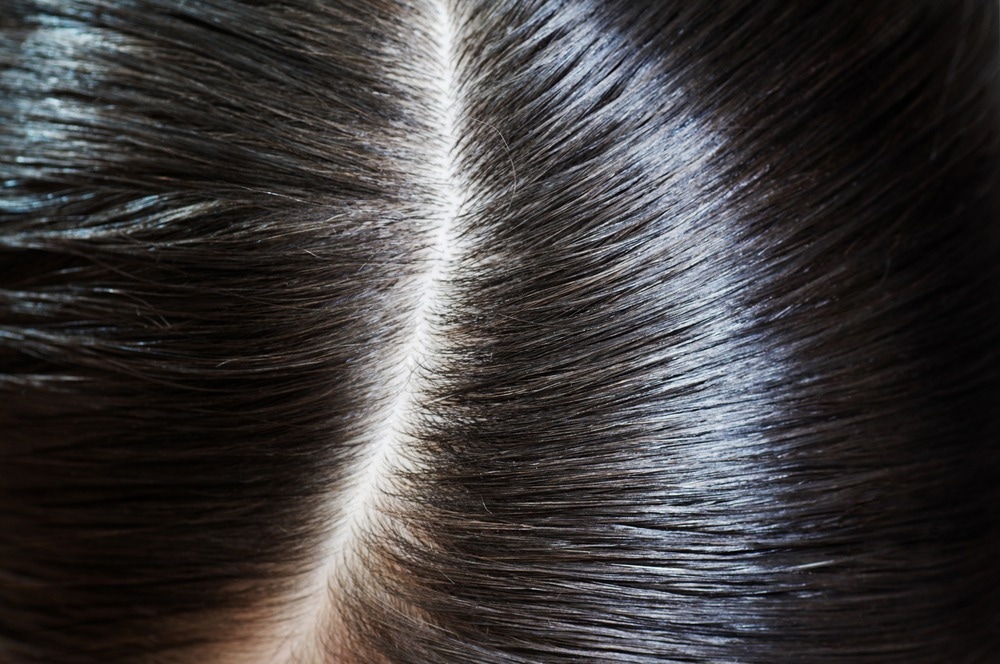In a recent study posted to the Research Square* preprint server, researchers assessed the role of cortisol levels in human hair as a biomarker in bipolar disorder.
 Study: Hair cortisol as a biomarker for mood in bipolar disorder: a pilot study. Image Credit: Yuganov Konstantin/Shutterstock
Study: Hair cortisol as a biomarker for mood in bipolar disorder: a pilot study. Image Credit: Yuganov Konstantin/Shutterstock

 *Important notice: Research Square publishes preliminary scientific reports that are not peer-reviewed and, therefore, should not be regarded as conclusive, guide clinical practice/health-related behavior, or treated as established information.
*Important notice: Research Square publishes preliminary scientific reports that are not peer-reviewed and, therefore, should not be regarded as conclusive, guide clinical practice/health-related behavior, or treated as established information.
Background
Bipolar disorder (BD) is described as depressive, manic, and mixed-mood episodes that significantly impact the patient's quality of life (QoL). BD is detected and followed up professionally through psychiatric assessment, with no biomarkers currently in clinical usage for either the disorder's diagnosis or follow-up. The stress hormone cortisol is a potential biomarker, but its significance is not yet assessed by comparing cortisol and mood in a cohort of BD patients.
About the study
In the present study, researchers investigated whether hair cortisol levels could serve as an indicator of mood in BD patients.
Participants diagnosed with BD were enrolled in a mental health hospital at Merchavim. The eligible participants reported a BD diagnosis (DSM III-V), were aged between 18 and 65 years, had either stable or no medical treatment in the previous two months, and had a minimum of 12 centimeters of natural hair that had not undergone any cosmetic treatments like perming or dyeing. The team solely utilized data from the initial 2 cm segment. Since cortisol does not exhibit diffusion in human hair, every 2 cm segment represents two months.
Each participant was questioned to obtain his/her medical history, current medication regimen, and mood assessment. The interview consisted of a clinical interview, a supervised administration of the Hamilton Depression Rating Scale (HDRS), and a self-report with the Beck Depression Inventory (BDI). The Young Mania Rating Scale (YMRS) was used to evaluate anxiety. The Hamilton Anxiety Rating Scale (HAM-A) was used to estimate anxiety, while the Global Assessment of Functioning scale (GAF) and the Clinical Global Impressions inventory (CGI) were utilized to evaluate general functioning.
Results
A total of 25 BD patients provided a hair sample that was analyzed using depression, mania, and anxiety indices. Thirteen individuals returned for a second assessment. Thus, these participants were examined twice at time intervals lasting over two months, yielding 38 hair samples and 38 sets of psychological ratings.
All participants scored low on the YMRS, suggesting that none of the subjects exhibited manic symptoms throughout the study. Also, log cortisol did not correlate with YMRS scores. Furthermore, the anxiety and depression scales revealed a greater score range between individuals, which indicated a spectrum of anxiety and depression disorders among the participants. The correlation between HDRS and BDI scales and log hair cortisol was strongly positive. Additionally, the HAM-A anxiety scale displayed a positive correlation with log cortisol.
When the team repeated the assessment by excluding 13 measurements, the correlation with the HDRS reshowed consistent significance. Neither the BDI nor the HAM-A revealed statistically significant positive correlations. The high correlations between the HAM-A, BDI, and HDRS scale scores indicated that the questionnaires were sufficiently reliable.
Conclusion
The study findings showed that cortisol levels present in the initial 2cm hair segment obtained from BD patients positively correlated with depression scores. The potential benefit of cortisol as a biomarker in psychiatry may be comparable to the usefulness of Hemoglobin A1C blood tests with respect to diabetes. The researchers believe that the present study findings stimulate additional research into the viability of using hair cortisol as a mood biomarker to aid in follow-up as well as evaluation of treatment effectiveness in BD over time.

 *Important notice: Research Square publishes preliminary scientific reports that are not peer-reviewed and, therefore, should not be regarded as conclusive, guide clinical practice/health-related behavior, or treated as established information.
*Important notice: Research Square publishes preliminary scientific reports that are not peer-reviewed and, therefore, should not be regarded as conclusive, guide clinical practice/health-related behavior, or treated as established information.